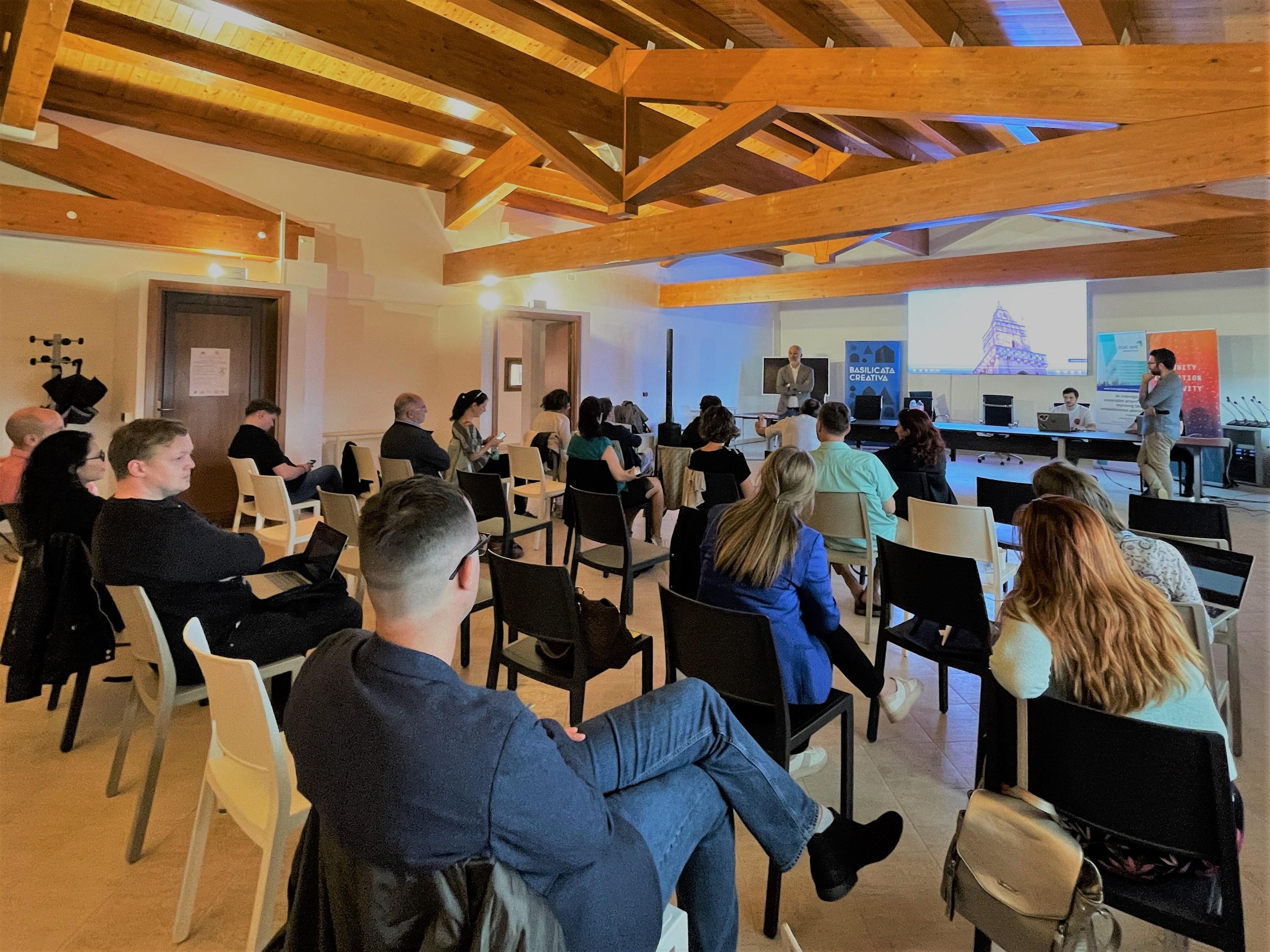
Policy changes inspired by ECoC-SME project
Overview of policy impacts of the ECoC-SME project in the five cities of Leeuwarden, Matera, Rijeka, Timisoara and Kaunas.
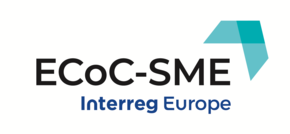
The ECoC-SME project recognizes the European Capital of Culture (ECoC) Programme as a yet under-utilised opportunity for cities and regions to develop existing and prospective local small- and medium enterprises (SMEs) via their early engagement in the event. The project focusses on the mega-event's potentials to trigger, strengthen and diversify local entrepreneurship by encouraging their creative, 'unconventionally' cross-sectoral cooperations, clustering and networking, as well as their internationalisation.
In the project, via an iterative process of interregional and local-participatory learning and co-creation, the Partners explore and share approaches and practices to invigorate their local-regional SME sectors and align them with the special contexts (phases, scope, themes) of the mega-event in their regions. Exchanges between 'past/present' and 'prospective' ECoCs -- Leeuwarden, Matera, and Rijeka, Timisoara, Kaunas -- under the coordination of an expert team at the University of Eastern Finland, and twenty ‘Local Learning Labs’ result in new practices and projects tailored to the five territorial contexts and their local/regional policy instruments: the (Regional) Operational Programmes of North Netherlands, of Basilicata Region in Italy, of the West Region of Romania, and the local development strategies of the Municipalities of Rijeka (Croatia) and Kaunas (Lithuania). Action Plans will be drafted to enrich these instruments and selected measures will be implemented in these cities and regions during the third year of the project.
There is growing interest both from the part of the EU Commission and the participating cities in achieving an efficient use of local and EU resources and maximizing benefits from the ECoC. However, there are no concrete guidelines offered to ECoC hosts for the engagement and encouragement of local SMEs. Therefore, experiences will be shared also with the ECoC Programme to improve its guidelines for applicant cities.
(Header picture: photo by Pierre Blaché, from Pexels.)
€1,163,171.00
SME competitiveness
The ECoC-SME will improve five Policy Instruments in the regions of the Partnership to promote a lasting positive impact of the European Capital of Culture on socioeconomic development. This is to be achieved by strengthening entrepreneurship and creative industries, creating jobs, supporting smart and sustainable growth. Through intensive and broad engagement of regional Stakeholder Groups, various types of local actors (municipalities, regional development agencies, chambers of commerce, universities, small businesses, ECoC management centres, etc.) will enhance their professional capacities by participating in the project's Local Learning Labs, as well as create long-term co-operation networks.
ECoC-SME will push the partner regions to broaden their perspective and think beyond the obvious sectors such as tourism & 'traditional' cultural services.
The project will fill the gap in terms of lacking explicit guidelines by the European Capital of Culture Programme to future cultural capitals as regards SME development.
SME promotion is an OP priority: creative synergies btw. SMEs, R&D & higher educ.; innovation via smart spec. Expected impacts: 600 SMEs to trigger an extra €57m private investment for innov.; more SMEs cooperating with others & knowledge actors; higher SME revenue from (re)new(ed) products
BUT:
1. Though SMEs have innovative ideas, the lack of time/knowledge/financia/human resources prevents them from engaging in CREATIVE, CROSS-SECTOR COLLABORATIONS TO INCREASE THEIR INNOVATIVE POTENTIAL. For Fryslân Province, despite ECoC2018 and its legacy period, OP NOORD lacks PRAGMATIC MEASURES to integrate e.g. research & innovation to the creative industry. The creative industry needs a scaling effort, which can be found in SMEs with R&I strategies. OP NOORD doesn't facilitate a CO-CREATION process that could bring the best of the two worlds within reach of both.
2. Research shows that internationalization of Frisian SMEs is very poor compared nationally and even to Groningen & Drenthe. The OP's claim that North of NL is an export region doesn't apply to Fryslân, which particularly needs MORE EFFECTIVE APPROACH TO ENHANCE INTERNATIONALISATION & EXPORTS by SMEs e.g. via capitalising on internat. attention drawn by ECoC.
3. OP NOORD 2021-2027 will build on the former; budget & pillars are expected to stay roughly the same. INPUT IS NEEDED FOR THE NEW PLAN to focus 60% of the budget on the SME sector (R&I investments & links, digitalizing, growth & competitiveness).
In particular, TO3 promotes the competitiveness of SMEs, including businesses of the CULTURAL & CREATIVE INDUSTRIES sector (CCI). Specifically, CCI SMEs may benefit from the following interventions:
a) support for the development of products and services in order to exploit identified cultural and natural attractors, among others, through the integration between companies belonging to cultural production, tourism, creative industries and performing arts and of the traditional and typical product chains;
b) measures of support to the establishment of new businesses both through direct incentives, services, and micro-finance.
HOWEVER: The specific focus on CCIs is not properly working and the instruments SHOULD BE BETTER ADJUSTED TO THE SPECIFIC NEEDS OF THE TARGET GROUPS. SMEs in the CCI sector of the region would need support in BUILDING THEIR CAPACITY TO ACCESS INTERNATIONAL NETWORKS AND MARKETS and RAISE THEIR COMPETITIVENESS. Since the OP is actually connected with the cultural program of the ECoC Matera 2019, where regional CCI operators have been selected to implement 50% of the cultural program of this cultural mega-event, this policy instrument, esp. through its TO3, has high potential to fulfil this need, providing it provides the necessary framework and funding for projects targetting these objectives.
The Development Strategy of the City of Rijeka 2014-2020 defines three main Strategic Goals until year 2020:
1) to position Rijeka globally owing to the development of Rijeka transport corridor,
2) to develop a competitive economy on a knowledge-based society and new technologies, and
3) to enable dignity to all citizens by strengthening social inclusion and developing projects of common interest.
Under Goal 2, two priorities are defined, both with its own devoted set of measures:
(a) Development of new knowledge and technology, incl. the following measures:
- development of technological and entrepreneurial knowledge through all forms of education
- development of entrepreneurial institutions, support measures & transfer of knowledge and technology
(b) Strengthening competitiveness of the local economy, incl.:
- a Competitiveness Council
- increasing employment with an emphasis on youth
- new technology-based economic development
- development of the creative industries sector and
- the City’s ICT infrastructure
An objective cutting across all priorities & measures in Goal 2 is the support of growth in the SME sector. The measure focussing on the creative industries provides a direct link between the ECoC-SME project's aims and the City's Startegy; yet it NEEDS CONCRETE PRACTICES to help exploit specific possibilities & niches for growth - esp. regarding SMEs -- such as offered by Rijeka2020 ECoC and by its positive legacy in the years after.
The ROP aims at promoting smart, sustainable & inclusive growth in all regions in Romania, making them more attractive places in which to live & work. The 'SME Initiative', or "TO3: Enhancing SMEs' competitiveness focusing on Romania's high-growth economic sectors", aims at facilitating better access to finance for SMEs and promote innovation & cooperation in the SME sector. Three of the main expected impacts are: increased share of innovative SMEs collaborating with others (+ 3.7%); support given to more than 5,000 SMEs leading to a 46% increase in labour productivity in less developed regions; an Increase in the survival rate of SMEs by 10%.
Innovative practices in form of new projects to be implemented and the insertion of special criteria for loans encoraging creative partnerships, internationalisation of SMEs should be added to the ROP., taking into consideration the West Region context, too.
The total funding for TO3 from ERDF (for ys 2014-2020) is around €100 million, of which over 90% have been decided on to date, however, the actual value of the investment is in the form of uncapped guarantees, which is expected to quadruple (to around 400 m.) as a result of the leverage effect of private investment as loans disbursed to SMEs. TO3 is expected to be continued in the next progr. period (2021-2027).
Measures under Objective 1.1.1 of the Strategic Development Plan that are most relevant to the objectives of the ECoC-SME Partnership are:
1.1.1.1 Strengthening of cooperation of the municipality, business promotion institutions, associated business structures and higher education institutions
1.1.1.2 Development of the system for promotion of business entities
1.1.1.5 Dissemination of information encouraging entrepreneurship of the residents; organization of events, competitions, trainings
There are further measures to which the new practices developed by the Partnership can contribute, e.g. by triggering SME development in the tourism and cultural sectors (Priority A.1, Aims 1.2 "Kaunas turned into the cultural leader of the Nordic and Baltic region", 1.3 "Kaunas turned into a competitive cultural and conference tourism attraction centre", m. 1.3.2.4 "Supporting the diversity of tourism products and increasing the supply of tourism products").
The S. D. Plan has the suitable structure & entrence points for inserting INNOVATIVE ELEMENTS in form of projects inducing NOVEL 'HYBRID' TYPES OF COOPERATIONS BETWEEN SMEs, i.e. crossing industrial boundaries -- e.g. culture-tourism-technolgy. This aspect is seen as missing yet from this local policy instrument. Also, via the project's focus on engaging the young in entrepreneurship (FA2), cultural & creative industries can be strengthened (measure 2.1.3.8 "Implementation of the cultural initiatives of the youth").

Overview of policy impacts of the ECoC-SME project in the five cities of Leeuwarden, Matera, Rijeka, Timisoara and Kaunas.
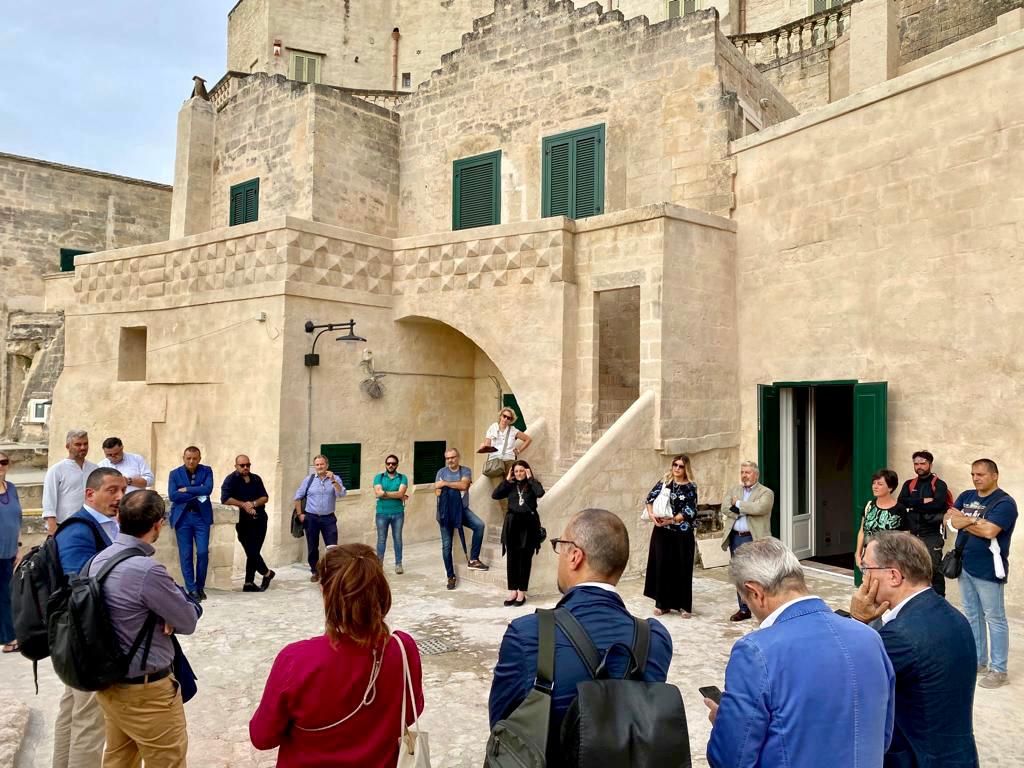
The ECoC-SME project worked under the specific objective “SME competitiveness” of the Interreg Europe programme 2014-2020. Five cities and regions were enga...
The final dissemination event of the ECoC-SME project was weld in Matera, Italy on June 9th 2022. Our partners and stakeholders finally met in person again ...
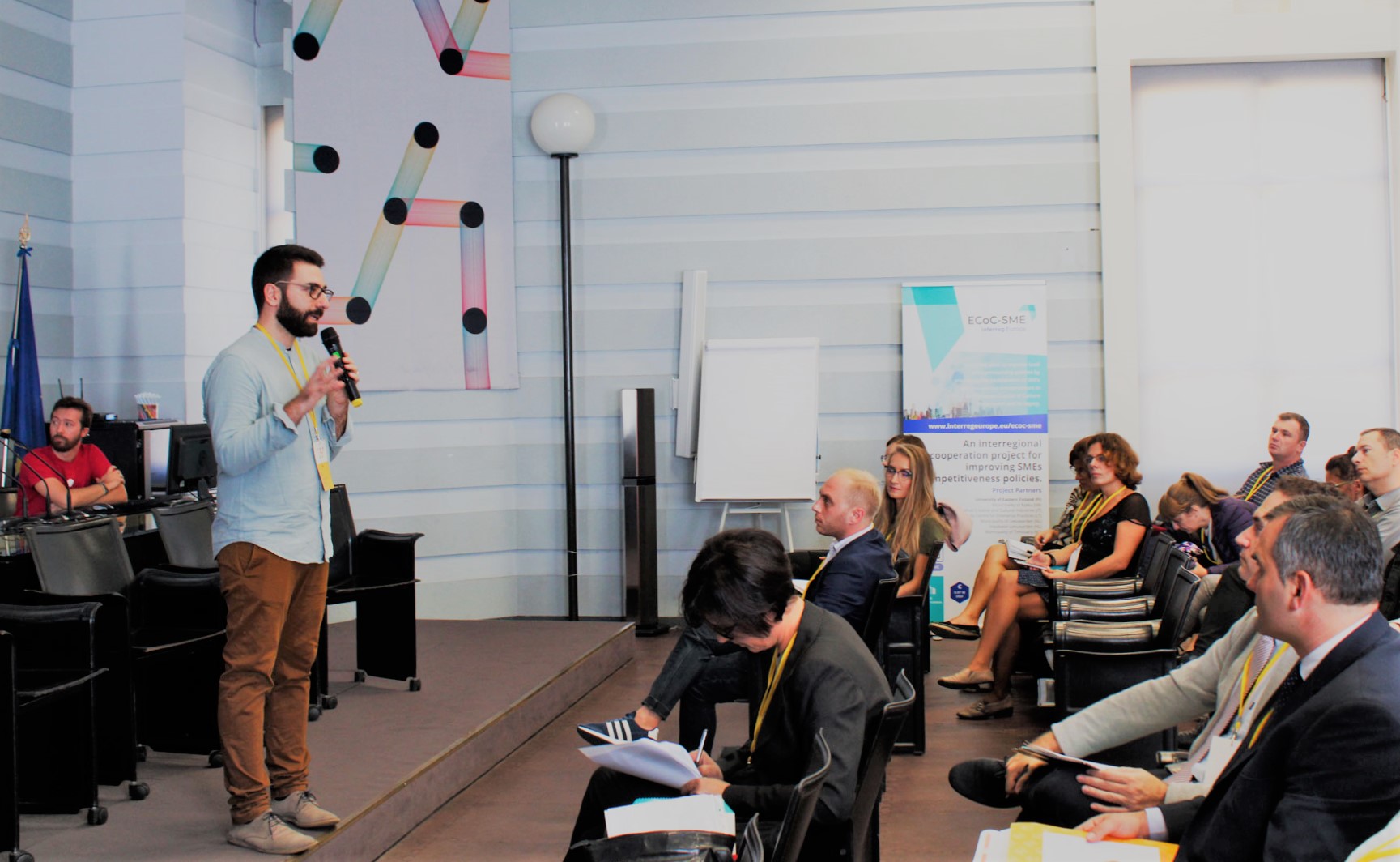
Out of just another COVID-19 wave and immediately straight into the Ukraine war: the uncertainties are ever-present. Along our project lifetime, our partners ha...
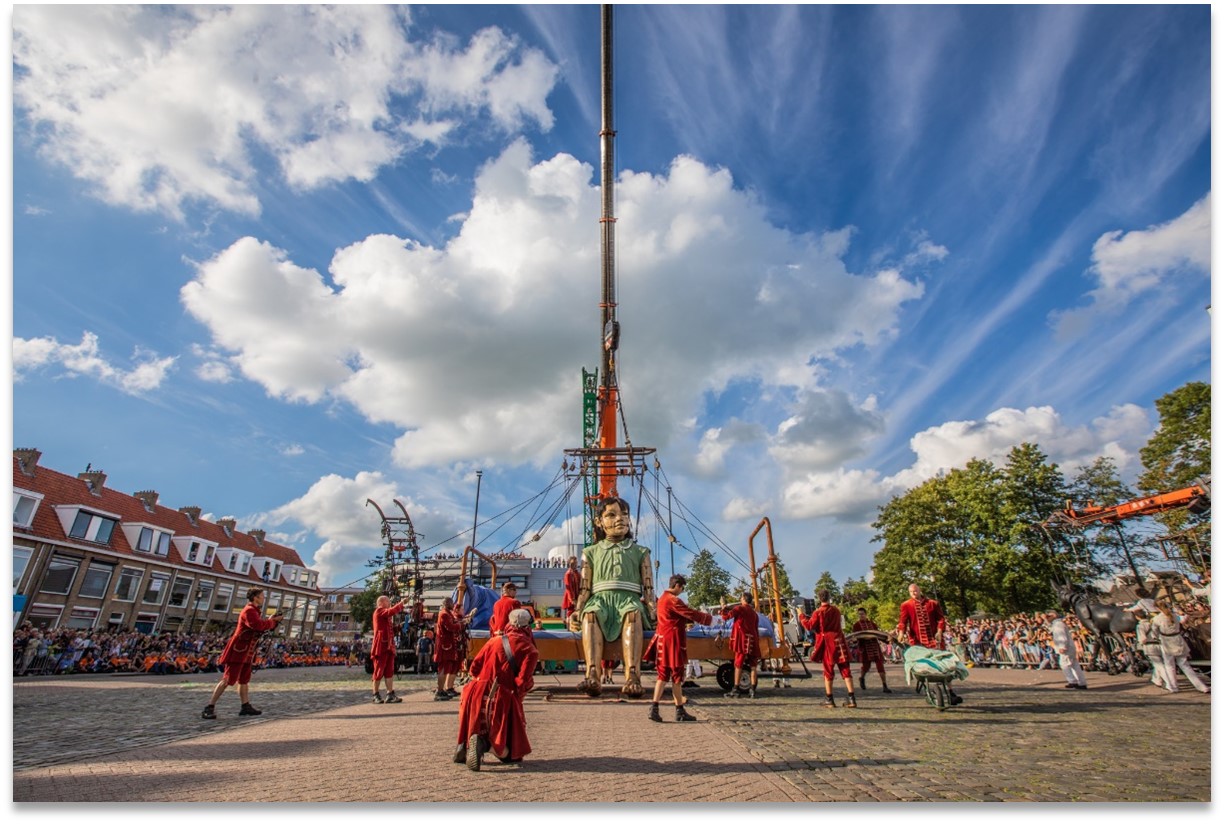
A step-by-step manual for successfully applying for European funding for the Frysian's cultural and creative industry
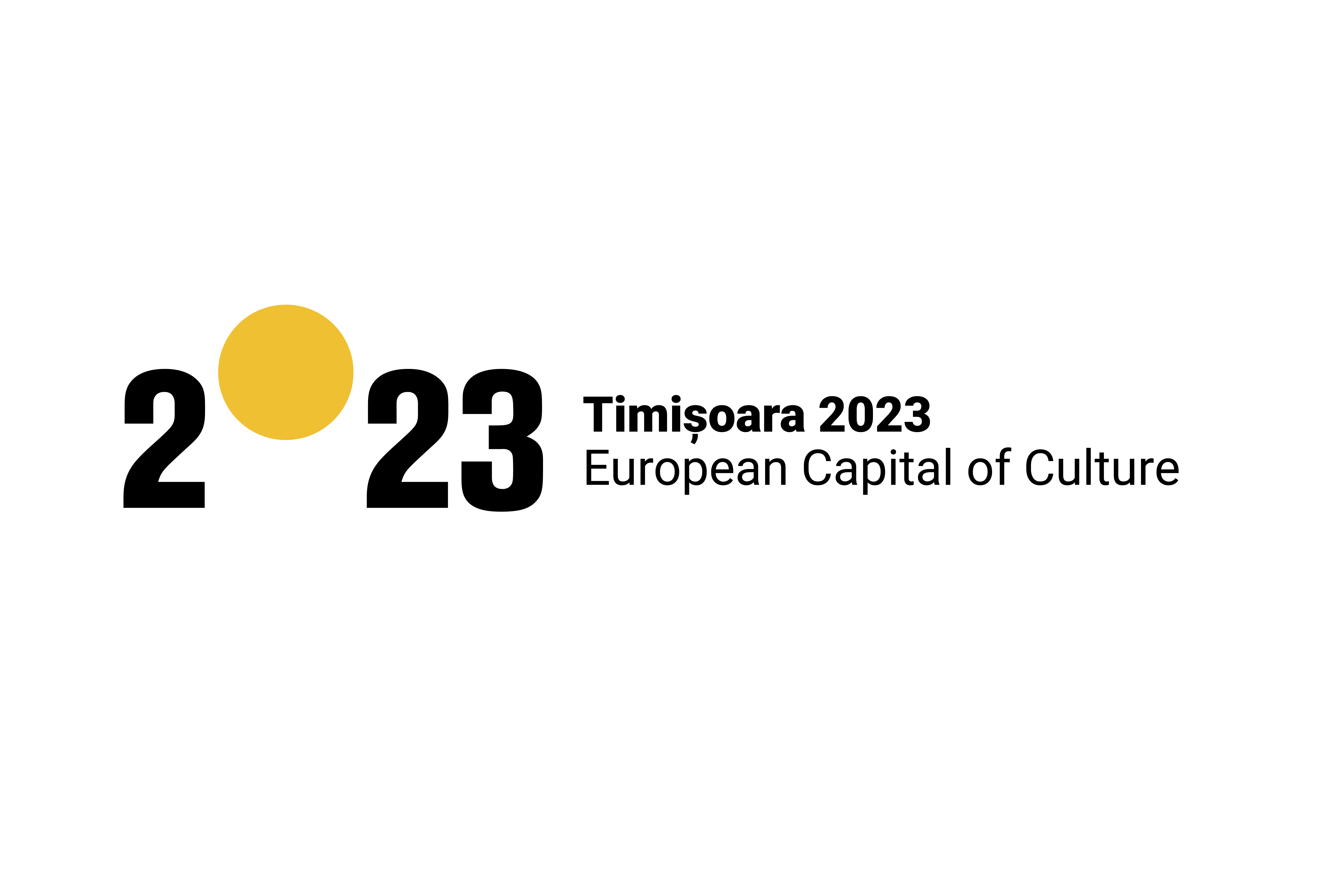
Timișoara received good news from the European Commission on Culture regarding their mega-event Timișoara 2023 European Capital of Culture (TM2023): the progr..
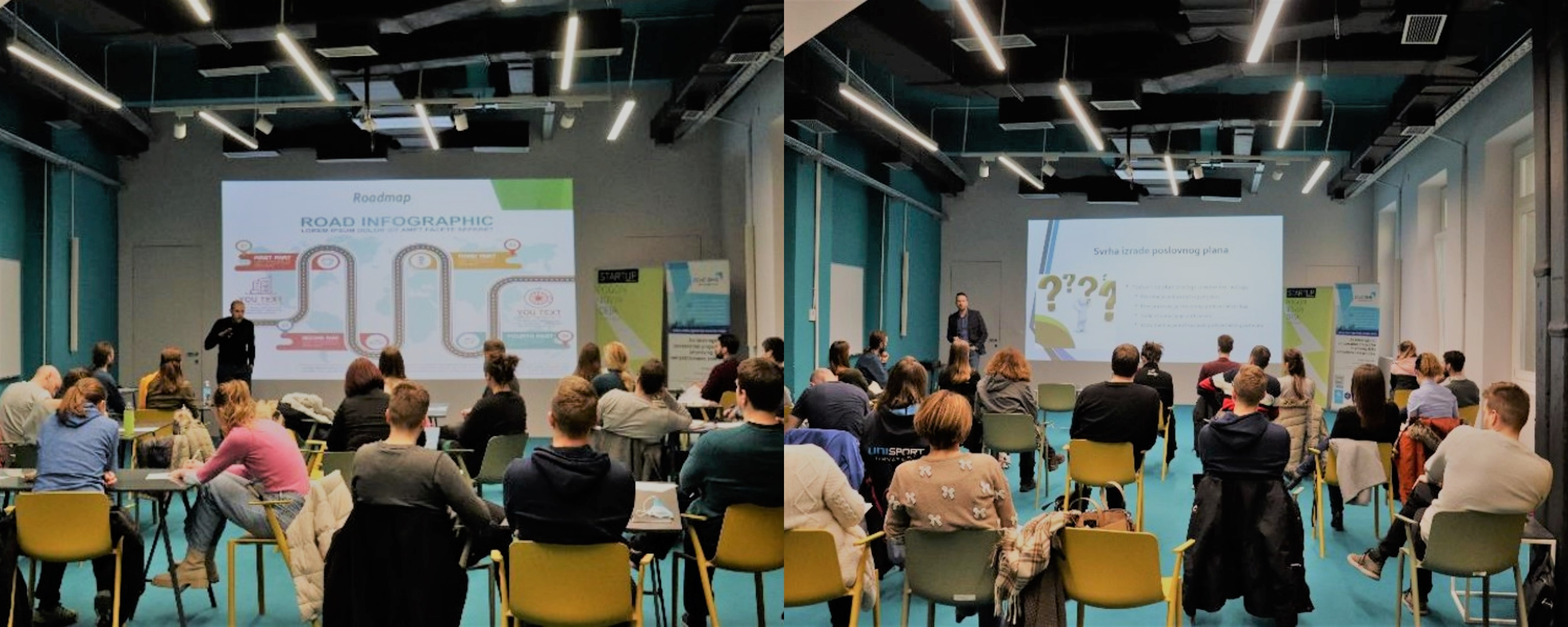
The Department of Entrepreneurship of the City of Rijeka has launched two new educational programmes - Startup Lite and Startup Creative.
They were launched to...
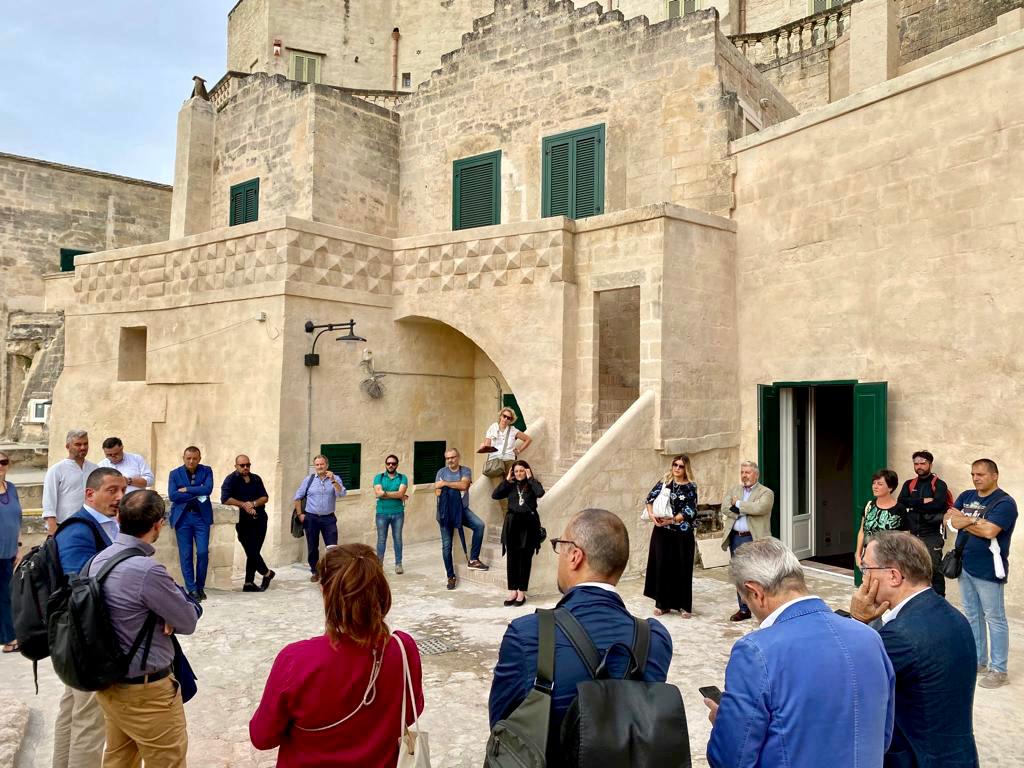
Materahub started the implementation phase of its approved Action Plan by presenting it in two occasions: one technical at Fiera del Levante in Bari at Salone d...
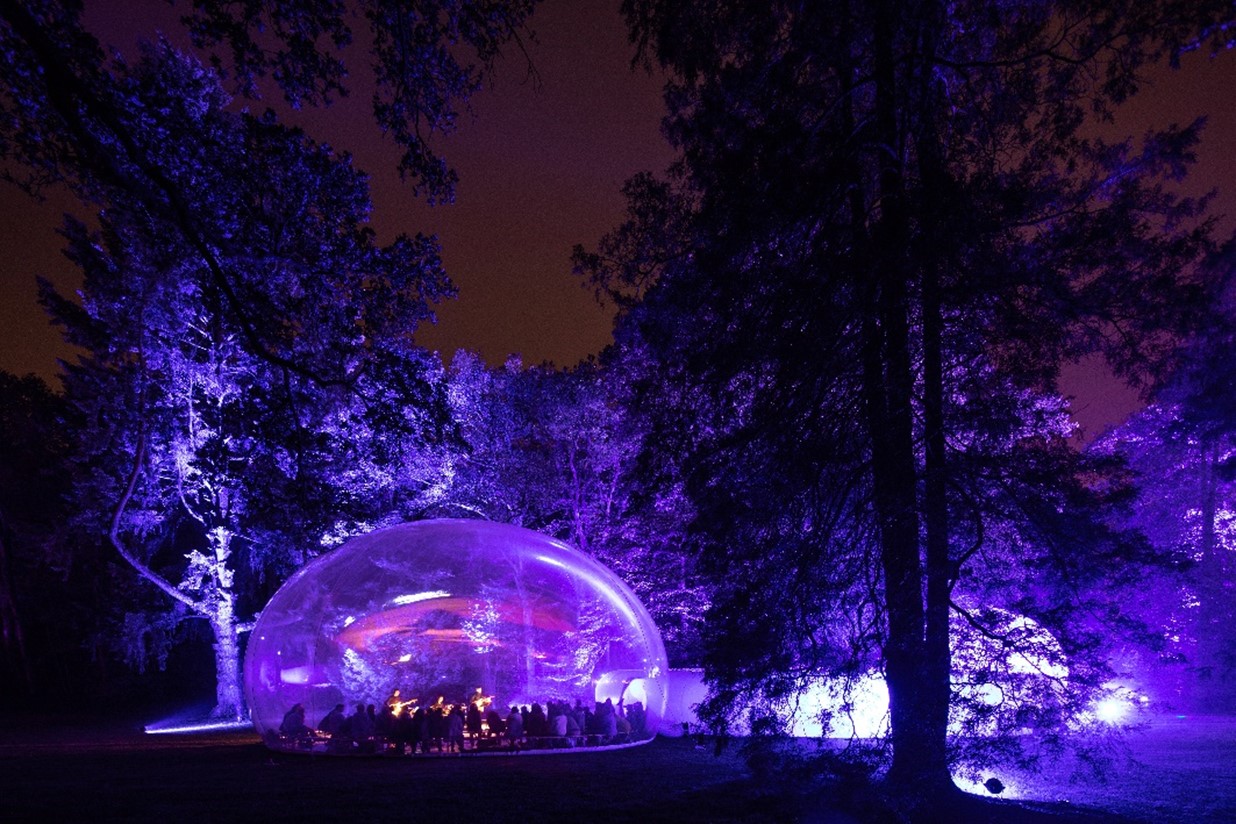
One of the focuses of the ECoC-SME project is connecting the Cultural and Creative Industry (CCI) with existing start-up and innovation ecosystems. On top of th
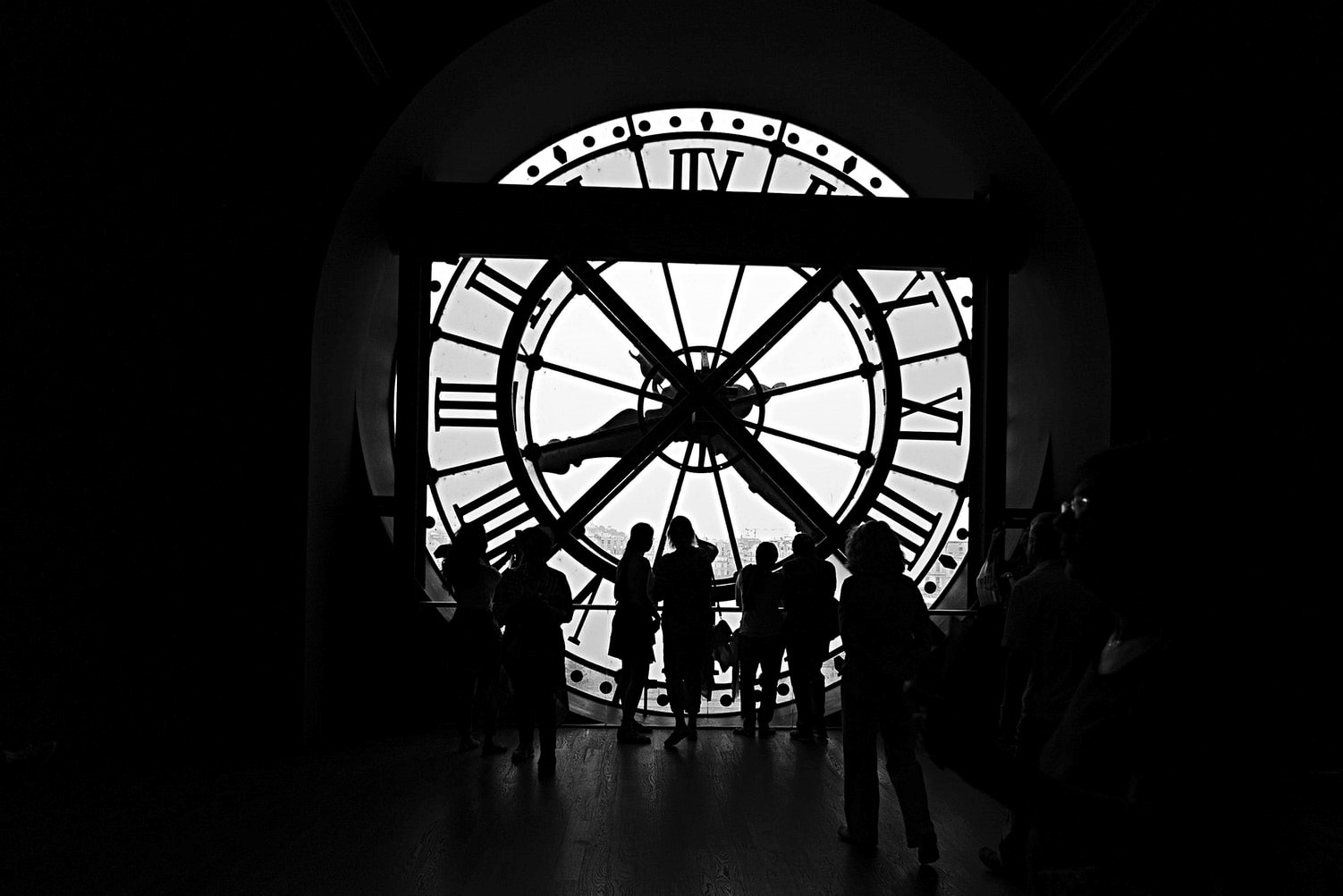
At the end of October, the OECD Centre for Entrepreneurship, SMEs, Regions and Cities hosted a webinar on “Heritage as a driver for new local creative entre..